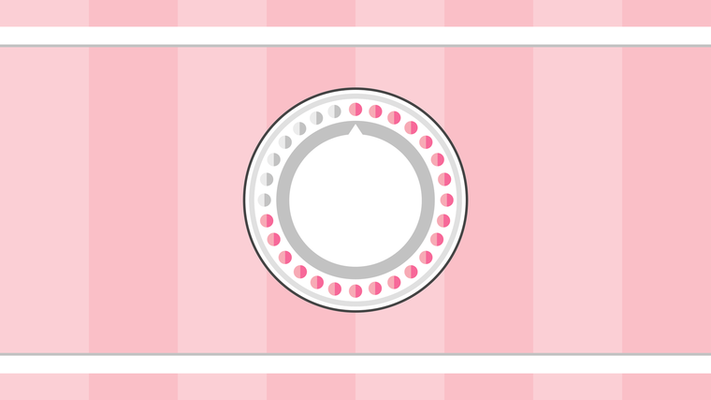
Emergency contraception is a great way to prevent an unwanted pregnancy. They can be used in situations when you had unprotected sex, incorrect use of contraceptives, or if you have concerns about possible contraceptive failure. If you are considering emergency contraception for yourself, you may want to know more about it.
Below are 7 things every woman needs to know about emergency contraception.
1. Emergency contraception isn’t an abortion
Emergency contraception differs from abortion. Unlike an abortion, it cannot stop already existing pregnancy. Emergency contraception works to prevent pregnancy before it occurs. Morning-after pills interfere with the fertilization of the egg. Abortion deals with already existing pregnancies. Depending on the abortion options, the doctor uses medications, special devices, or surgery to remove an already implanted fetus.
2. Emergency contraception cannot prevent STDs
Emergency contraception cannot protect you from sexually transmitted diseases. If you have had unprotected with someone you think has a sexually transmitted infection, you need to visit a doctor to get tested. If you have a new partner, it is crucial to use a condom even if you take morning-after pills. The same applies to other oral contraception methods. Only a condom can decrease your risk of catching sexually transmitted diseases.
3. There are different types of emergency contraception
There are two types of emergency contraception which are hormonal and nin-hormonal. Most options for emergency contraception are hormonal. Hormonal options use pills that contain derivatives of progesterone or estrogen. They help to prevent the pregnancy up to five days after unprotected sex. Non-hormonal options work by blocking the action of progestin. This is a lipid that plays a key role in the course of fertilization.
4. Emergency contraception safety
Emergency contraception is considered safe for most women. You may get mild side effects like nausea, mild stomach pain, and headache. Rarely you may have severe nausea or spotting after taking a morning-after pill. In this case, you need to contact your gynecologist. You may be a bad candidate for emergency contraception if you have underlying conditions like thromboembolism, depression, liver disease, and fluid retention. In this case, consult your doctor to choose another contraception option.
5. You can use emergency contraception several times
Most types of emergency contraception are safe to use more than once in one menstrual cycle. Such pills like Plan B and One-Step can be taken several times a month. But contraception like Ella can be used just once a month. While most emergency contraception pills can be used several times a month, they should not be used as your primary birth control option. You need to use them occasionally, as an emergency backup.
6. Emergency contraception doesn’t require a prescription
Many women think that morning-after contraception requires a prescription from a gynecologist. But in most of the United States, you can buy emergency contraception without a prescription if you are 18 years or older. In some states like New York City emergency contraception is allowed for girls as young as 14 at more than 50 public high schools. If you are younger than 18 and require emergency contraception, ask your gynecologist about a prescription at the next appointment.
7. The interaction with other medications
If you are looking for an emergency contraception option, it is recommended to consult your doctor if you take other medications. A total of more than 200 drugs are known to interact with Plan B. Some epilepsy medications, antibiotics, and high blood pressure medications can decrease the effectiveness of emergency contraception or prevent it from working normally. While emergency doesn’t require a prescription, it is recommended to consult your healthcare provider to prevent possible interactions.

